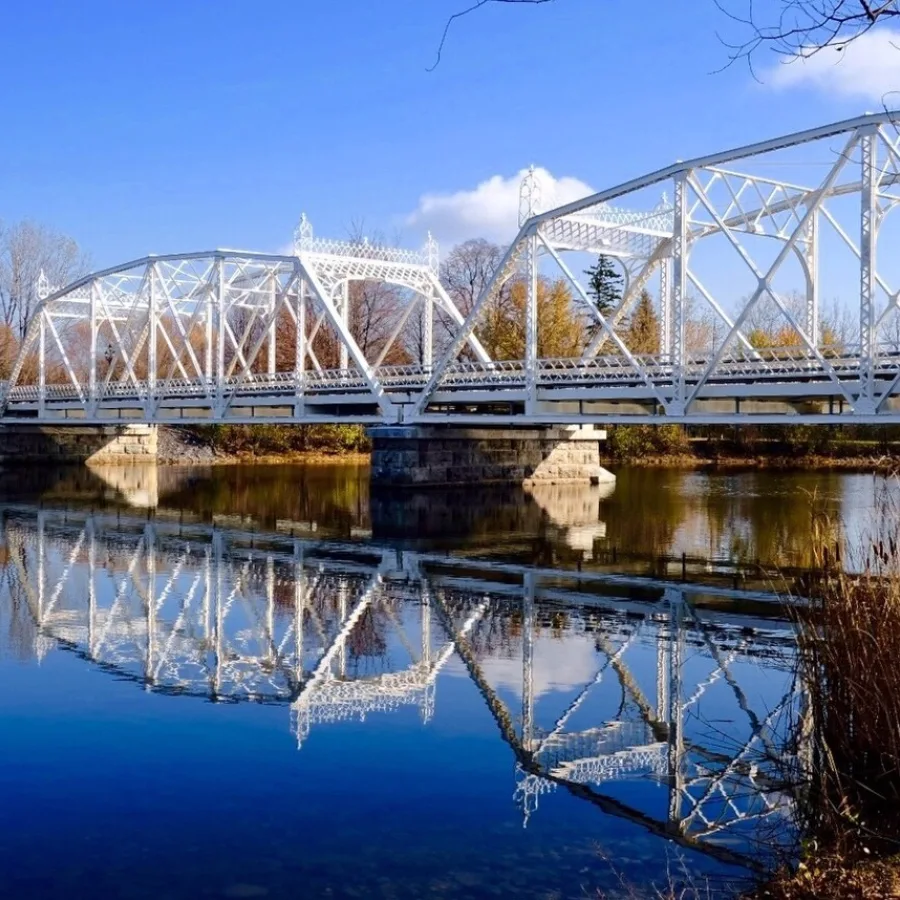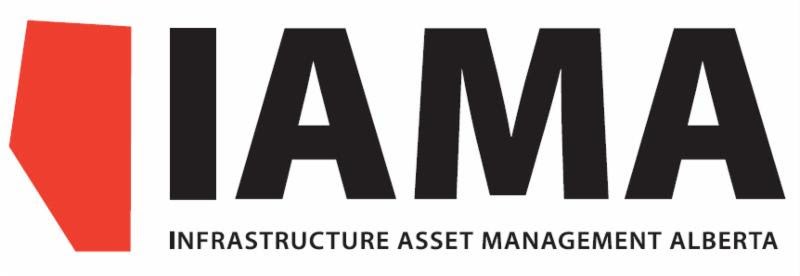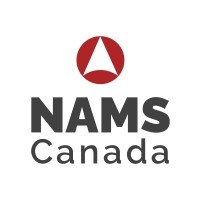About the Climate Ready Infrastructure Service
This service provides free guidance to infrastructure projects in small communities and creates business opportunities for climate experts to apply their knowledge to impactful projects.

The Climate Ready Infrastructure Service is a part of the Climate Toolkit for Housing and Infrastructure
The Climate Toolkit for Housing and Infrastructure is a suite of resources supporting local governments in achieving Canada's 2030 emissions reduction goals and delivering against adaptation commitments found in the National Adaptation Strategy and the Government of Canada Adaptation Action Plan.

Why Climate Resilience Matters
Canadian communities are becoming increasingly vulnerable to extreme weather events, rising temperatures, and other environmental challenges. Smaller cities and communities in particular often lack the resources and expertise to embed climate resilience into their infrastructure plans.
The Climate Ready Infrastructure Service addresses this gap by offering municipalities access to highly skilled experts who can guide them in making more informed, sustainable decisions that will enhance local resilience for decades to come.

2030 Emissions Reduction Plan
The CRIS directly supports Canada’s national goals as outlined in the 2030 Emissions Reduction Plan, helping communities not only adapt to the current impacts of climate change but also take proactive steps to mitigate future risks.
By building infrastructure that is both low-carbon and climate-resilient, municipalities can create lasting environmental, social, and economic benefits.

Who we are
The Climate Ready Infrastructure Service is delivered by the Canadian Urban Institute (CUI), a leading organization that promotes urban solutions in partnership with city builders, researchers, and community leaders across Canada.
Our network of partners
The CRIS is strengthened by a national network of partners who help amplify our mission to support municipalities from coast to coast. These partners play a key role in connecting local governments with the resources they need to tackle climate challenges. Together, we are making climate resilience a priority across communities nationwide.











CUI Team Members
Climate Co-Leads
Join the movement towards
climate-ready infrastructure
Whether you are a local government seeking support on your infrastructure project or an expert ready to build your portfolio, the Climate Ready Infrastructure Service can increase your capacity. Register to the matching service and join our roster of Canadians developing leading infrastructure projects that best serve our communities and our planet.
Still have questions?
The Climate Ready Infrastructure Service (CRIS) is a national initiative connecting municipalities with climate experts to enhance their infrastructure projects' climate resilience or to reduce carbon reductions. It's part of the Climate Toolkit for Housing and Infrastructure, a suite of resources to help infrastructure owners and decision-makers develop projects that build resilience and contribute to Canada's path to net-zero emissions.
The Climate Ready Infrastructure Service (CRIS) is administered by the Canadian Urban Institute and funded by the Government of Canada.
This service aims to support local jurisdictions to ensure that climate issues are taken into account in housing and infrastructure projects. Local governments and Indigenous communities can register an infrastructure project at any stage of development to be matched with an expert who can work with the local team. The CRIS offers three types of support to help build climate resilience into infrastructure planning and projects:
- Climate Adaptation: If your community has plans to construct or retrofit housing or infrastructure, CRIS experts can help bring leading science to ensure that the project is resilient to climate change impacts. For example, if a community plans to replace a seawall or riverside bike/pedestrian path, experts from the roster can help to evaluate the conditions and offer options to reduce the likelihood that the new path is destroyed by future high tides or flooding.
- Climate Mitigation: If your community is building a new community facility, experts from the service can help to ensure it is being designed to be energy efficient, utilize renewable energy sources, or be a low-carbon facility in other ways.
- Combination Low-Carbon and Climate Resilience: Projects may offer opportunities to both address climate-related risks and to use renewable energy and low-carbon materials. For instance, a low-carbon new community facility may also be located and designed to serve as a ‘resilience hub’ or refuge during instances of wildfire or community flooding, periods of extreme heat.
Review the full eligibility requirements and register your project here.
Participants will gain access to specialized technical expert advice and guidance, which will enhance their ability to make informed decisions on incorporating low-carbon resilience into their infrastructure projects. This service is offered at no cost to the local government and aims to build capacity for future projects. The support will lead to more effective, sustainable project outcomes, better alignment with climate targets, and increased resilience to current and future climate challenges.
Climate experts gain valuable professional development by working on diverse, impactful projects that enhance their portfolios. They receive financial compensation based on project scope and duration, and have the opportunity to expand their network with municipal leaders and fellow professionals. Participation also provides access to advanced resources and tools, enhances their recognition and credibility, and allows for flexible engagement based on their availability. Overall, experts contribute to meaningful climate action while advancing their own careers.

















